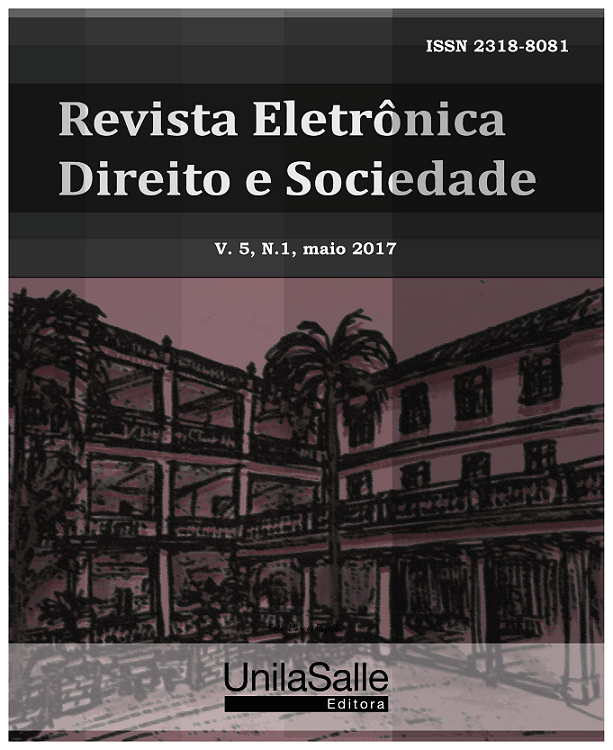Factual and legal obstacles to legal causality: interruptions and lack of causal link in civil and consumer liability - fact of the victim, fact of third party and act of God and of force majeure
DOI:
https://doi.org/10.18316/redes.v5i1.3377Keywords:
Civil Liability, Consumer Law Liability, Victim and Third Party’s Tort, Sole Fortuity or Force Majeure.Abstract
This article aims to demonstrate the framework of three legal categories that may interrupt the chain of causation (competing unforeseeable circumstances or force majeure) partially or (sole fortuity or force majeure)totally, and those that shun the agent’s duty to repair the damage partially or totally (third party and victim’s tort), under the liability of the current private law. The densification of these objective legal categories is meant to check whether the focus of the civil and consumer liability primarily protects the victim or the damage doer to ratify the necessary passage to the idea of liability for damages. Thus, two hypotheses are presented: (i) the current theoretical and practical construction of the above categories prioritizes the victim; (ii) the current theoretical and practical construction of the above-mentioned categories does not prioritize the victim. Therefore, the text uses, as theoretical framework, the idea of liability for damage developed by Pablo Malheiros da Cunha Frota, whose chosen method for this article merges deduction and induction, with the prius theoretical statements of a general nature, applicable in each case assessed deductively. Such elements, inductively, may represent the need for resignification (or not) of legal categories surveyed in each concrete situation. The methodology used is divided into procedure and approach. The former uses the monographic procedure with the analytical work related to the subject. The latter is based on a critical-methodological approach underpinned on a critical theory of reality that understands the law as both a problem and as a complex network of languages and meanings. The conclusion of the text endorsed the second hypothesis above.
Downloads
Published
Issue
Section
License
Authors who submit their manuscripts for publication in the “REDES” Magazine agree to the following terms:
The authors claim to be aware that they retain copyright by giving “REDES” the right to publish.
The authors declare to be aware that the work submitted will be licensed under the Creative Commons Non-Commercial Attribution License which allows article sharing with acknowledgment of authorship and publication in this journal.
The authors declare to be aware that by virtue of the articles published in this journal have free public access.
The authors declare, under the penalty of the law, that the text is unpublished and original and that they are aware that plagiarism has been identified, plagiarized authors will be informed - willingly, to take legal action in the civil and criminal sphere - and, plagiarists will have their access to the magazine blocked.
The authors state that - in case of co-authoring - all contributed significantly to the research.
Authors are obliged to provide retractions and (or) corrections of errors in case of detection.
The authors are obliged not to publish the text submitted to “REDES” in another electronic journal (or not).
The Electronic Journal Law and Society - REDES - is licensed under a Creative Commons License. Attribution-NonCommercial 4.0 International.Based on work available at "http://revistas.unilasalle.edu.br/index.php/redes/about/submissions#copyrightNotice".
Permissions in addition to those granted under this license may be available at http://creativecommons.org/.

